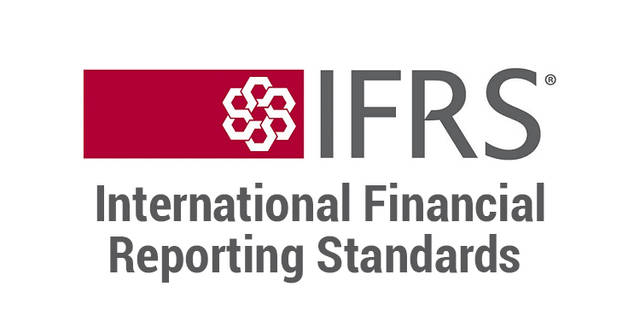Implications of IFRS 9 on Banks


The International Financial Reporting Standard (IFRS) 9, the new accounting principle for financial instruments, has several implications on banks. IFRS 9 specifies how an entity should classify and measure financial assets, financial liabilities, and some contracts to buy or sell non-financial items. In other words, IFRS 9 is being implemented through three stages; Classification & measurement of financial instruments, impairment of financial assets and hedge accounting. With that in mind, here are three strategic actions banks have to take to be ready for IFRS 9.
- Adjusting their portfolio strategy
IFRS 9 require banks to review and adjust their portfolio strategy to prevent an increase in P&L volatility. For example, banks need to review their allocation of lending to economic sectors and be more sensitive towards the economic cycle. IFRS 9 will also impact the duration of transactions as impairments of financial assets are now based on lifetime ECL (the expected credit losses resulting from all possible default events over the expected life of the financial instrument) and will therefore require higher loan-loss provisions. Banks are also advised to introduce collateral guarantees to lessen the increase in provisions for loss under IFRS 9.
- Change in risk appetite
Banks must reconsider their credit risk and overall risk appetite framework (RAF). In light of IFRS 9, banks should introduce mechanisms to discourage credit origination for clients, sectors, and durations that appear too risky and expensive.
- Provide appropriate training
As banks are required to provide for fully performing loans that migrate to the second stage of IFRS 9, relationship managers will now take on a new role of being tasked to monitor loans at risk of deterioration and propose mitigation actions. Hence, they need to be trained in new skills such as financial restructuring, workout, and capital management to help them deal with assets effectively.
Useful Links for Reference
- IFRS 9 Financial Instruments
https://www.ifrs.org/issued-standards/list-of-standards/ifrs-9-financial-instruments
- For the full article, please read here: https://www.mckinsey.com/business-functions/risk/our-insights/ifrs-9-a-silent-revolution-in-banks-business-models
IFRS 9 Financial Instrument Masterclass is a 2-day course held from 10 – 11 September (Kuala Lumpur) and 22 – 23 September 2018 (Kuala Lumpur), designed to provide an understanding the key difference between IFRS 9 and IAS 39 and successful implementation of IFRS 9. The course will cover the scope exclusions and inclusions of IFRS 9, recognition of principles and application, financial asset classifications and more. For more information, please visit us at http://www.opuskinetic.com/training or contact us at info@opuskinetic.com.
Opus Kinetic believes that people are why organisations are successful, and giving people the knowledge to perform well at their job is integral for success. We pride ourselves as the premier provider of knowledge, offering acclaimed in-house trainings, and many others professional training courses spanning from various industries. Our training courses are well researched and updated with the latest industry trends. For more information on our professional training programs, visit us at http://www.opuskinetic.com/training.
